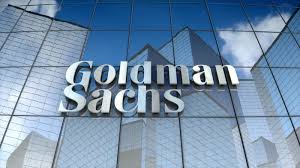Increasing higher demand for foreign currencies, particularly the dollar has dragged external reserves lower by 0.2 per cent, while the naira struggles to retain value in the Investors’ and Exporters’ forex exchange (FX) window after it suffered massive devaluation due to spurious demand for the dollar in the black market.
The monetary authority has maintained a no devaluation policy position on the local currency while playing an intervention game at the FX market to ensure the naira holds strong.
Latest data from the CBN website indicates that Nigeria has $37.4 billion as gross external reserves covering some 10-months imports bills following despite higher crude oil prices in the global market.
At the beginning of the second half of 2022, data from the CBN indicates that gross external reserves printed at $39.173 billion – recording about $2 billion decline in four months –excluding inflows from oil exports in the period.
With a large debt profile, Nigeria has a number of maturing Eurobond repayments, though Federal Government fiscal performance weakened in the first half of the year, according to a Budget Office report.
Analysts told MarketForces Africa that the burden of debt payments will be exacerbated by weakening exchange rates, noting that Sub-Saharan (SSA) currencies have depreciated aggressively in 2022 due to monetary tightening, risk-off sentiment and high commodity prices.
The Central Bank of Nigeria (CBN) has tried to put up efforts to drive dollar inflows. However, these have not impacted the exchange rate markets – both official and unofficial.
Broadstreet analysts have a single chorus: “naira is overvalued”. The apex bank also alluded to the overvaluation of the local currency, but a pro-growth economist in the person of Godwin Emefiele, the CBN Governor, has maintained his no devaluation stance while the local currency continues to bleed.
‘It is much easier to ask the CBN to devalue naira to spice up hot money inflows into Nigeria, but it comes at a cost to Nigerians that live under $2 per day in the country”, according to Julius Alagbe, economist and a financial analyst said while speaking with an investors forum in Lagos at the weekend.




